How Often Do Planes Crash? Guide to Aviation Safety!
Air travel is among the fastest ways of transportation, but the question is: does safety persist? When you hear the word “plane crash,” your mind will conjure images from movie scenes or sensationalized news headlines. But how often do planes crash? The answer might come out as a surprise and even calm your pre-flight anxiety.
Without beating around the bush, commercial plane aviation is extremely safe! In fact, you are more likely to encounter danger during your drive to the airport than during the flight itself. Modern planes are engineered in a way to provide layers of safety to the passengers and crew members mid-air. Thus, air travel is one of the safest modes of transportation in human history.
Airplane Plane Crashes A Year
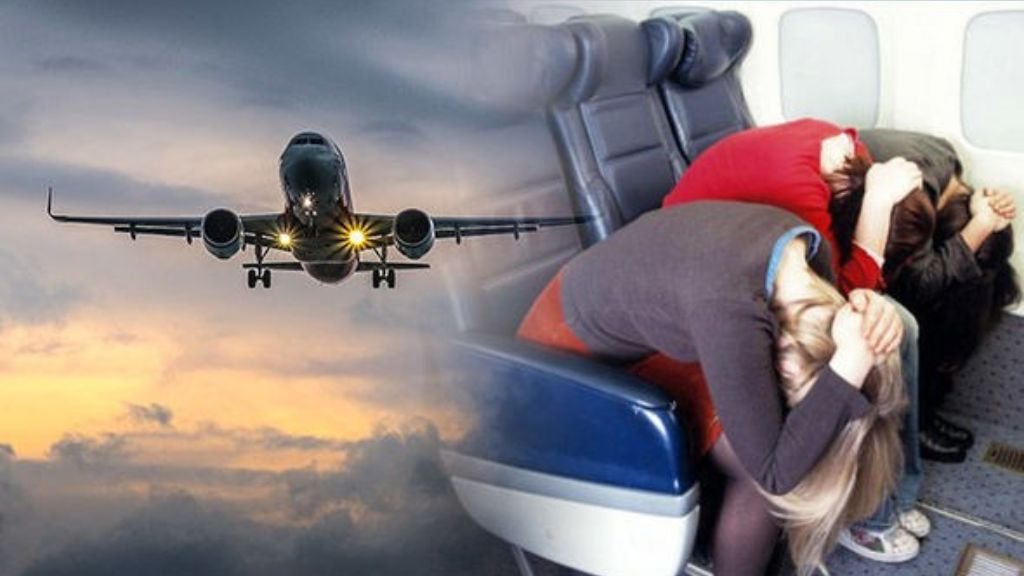
Wondering how many planes crash a year? If we talk about numbers, there are less than fifty plane crashes in the commercial aviation industry. There were incidents involving significant damage to the aircraft. Among these, only a few were fatal accidents related to passenger airplanes. With extensive pilot training, modern aircraft, and precise safety regulations, travelers can stay assured of their safe and sound air journey.
Understanding the Statistics
Before getting the perspective of a plane crash, it’s better we take a close look at some compelling statistics:
- Odds of a Fatal Crash
According to the Air Transportation Association (IATA), the chance of being involved in a fatal plane crash is approximately 1 in 11 million. To give you a sense of scale, you are more likely to win a small lottery than experience a fatal aviation incident.
- Annual Crash Rates
In recent years, commercial aviation has seen remarkable safety improvements. In 2019, before the pandemic disrupted air travel, the number of fatalities was extremely low. The number of commercial plane crashes has decreased significantly over the past few decades due to advancements in safety protocols and technology.
- Continuous Improvement in Aviation
The commercial aviation industry does not sit back on its past glories. Each and every incident is meticulously investigated, and lessons are learned and immediately implemented across the line of work. This continuous learning and adaptation have progressively made flying safe over the decades.
What Makes Airplanes Crash?
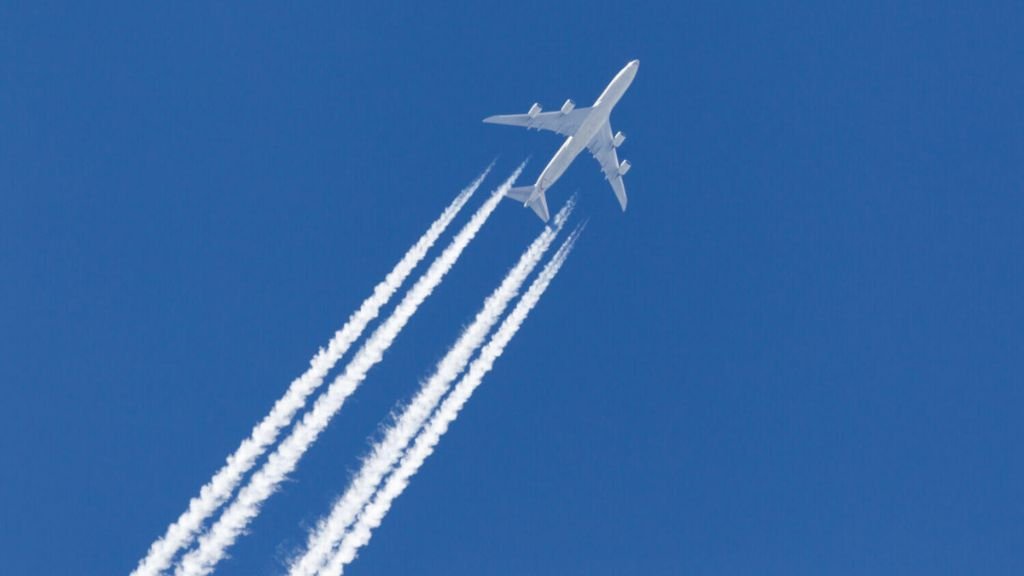
There is not always a single reason that makes a plane crash. A number of factors influence aviation accidents.
- Pilot Error
Starting with one of the most common reasons for a plane to crash. Pilot errors can cause aviation accidents due to incorrect maneuvers, poor decision-making, misinterpretations of flight instruments, failure to follow procedures, or neglecting critical aspects of flight like altitude, airspeed, or navigation. All of these lead to commercial planes in danger, which ultimately results in a crash.
- Mechanical Failure
A mechanical failure can induce a plane crash by causing problems in crucial systems like the engines, flight controls, or landing gear. Disruption in these parts can lead to a loss of lift, power, or stability, ultimately causing the plane to descend uncontrollably and crash.
- Weather Problems
Mother Nature has a significant influence on all sorts of industries, and aviation is no different than others. Weather issues can make a plane touch the bottom by causing disruption in the aircraft’s lift and control. Some common examples are severe turbulence within thunderstorms, icing on the wings due to freezing rain, low visibility in fog or heavy rain, and wind shear (sudden changes in wind speed and direction). These problems can make takeoff and landing extremely difficult.
- Loss of Control
A “loss of control” as the reason for a plane crash can be caused due to the failure of the pilot to maintain the aircraft’s flight path. This can lead to sudden descents and maneuvers that the plane cannot recover from. This easily makes the plane collide with the ground or an obstacle. The most common factors responsible for such incidents are mechanical failure, extreme weather, pilot error, etc.
- Communication Breakdown
The reason for this is the miscommunication between pilots and air traffic controllers. The situation can easily result in incorrect instructions, missed information, or improper actions being taken. All of these are a signal of falling into a dangerous situation, which causes airplanes to crash and touch the buttom.
- Air Traffic Controllers
Air traffic controllers also contribute to making airplanes collide by giving wrong information to the pilots. This further can result in mid-air collisions, improper flight paths, or failure to avoid obstacles due to miscommunication or misinterpretation of radar data. Eventually, the plane falls into a dangerous situation, which pilots cannot recover from, ultimately leading to a crash.
Reasons Why Planes Are So Safe
You must be wondering how we can confidently rant about planes being the safest mode of transportation. We have come prepared! Thus, we present you with several critical factors that contribute to aviation’s exceptional safety record:
Advanced Technology
Modern aircraft are equipped with sophisticated technology that is way beyond what most people can imagine. There are advanced computer systems that monitor hundreds of parameters, detecting and correcting potential issues before they become critical.
Rigorous Pilot Training
Becoming a commercial airline pilot is not just about knowing how to fly. It involves thousands of hours of training, practice, and time-to-time assessments. Pilots also undergo regular medical checks and psychological evaluations and must demonstrate proficiency in handling complex and unexpected scenarios.
Strict Maintenance Protocol
Aircraft undergo incredibly detailed and frequent maintenance checks. Every component is meticulously inspected, with strict protocols governing repairs, replacements, and certifications. A single loose bolt or minor irregularity can ground an entire aircraft until it’s thoroughly examined and rectified.
Questions You Might Have (FAQs)
According to the research, the rate of plane crashes is extremely low, with 0.01 deaths per 100 million miles traveled.
The majority of flights land safely at their port. There are very few chances of experiencing an airplane crash.
Plane crashes are extremely rare. According to statistics, the chances of being in a plane crash are around one in 11 million.
As per the study conducted by the FAA, the rate of daily plane crashes is extremely low. Which, again, includes general aviation. It’s even less for the commercial planes.
Yes. With modern technology implementations, strict aircraft maintenance protocols, and rigorous pilot training, plane crashes are an extremely rare case now.
Individuals are more likely to encounter accidents during their drive to a certain place than when flying on a commercial plane.
Nowadays, every plane is equipped with modern components ensuring a safe flight. However, the Airbus A380 often stands out as the safest aircraft to fly.
Recent Blogs
Latest Pages

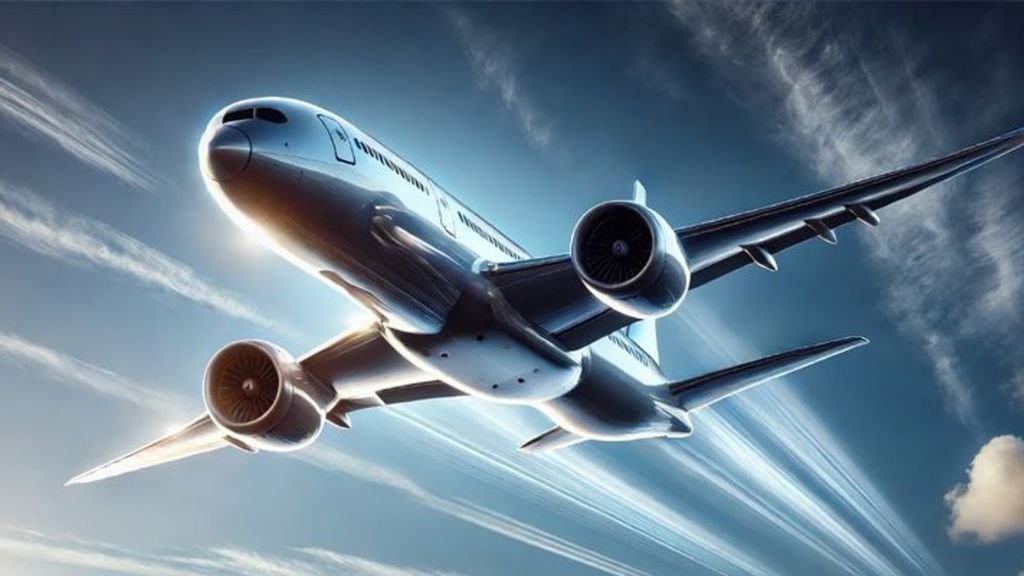



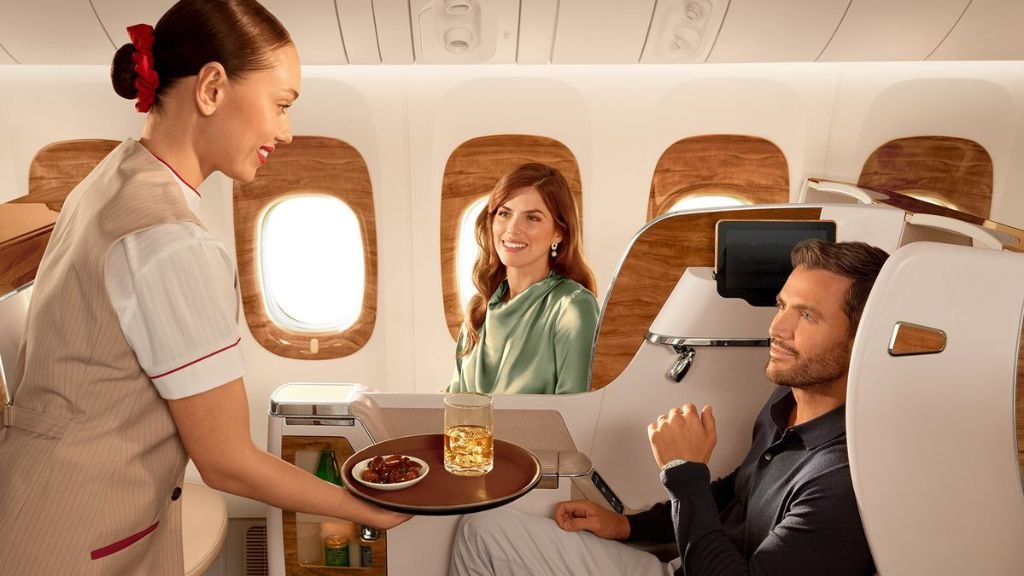
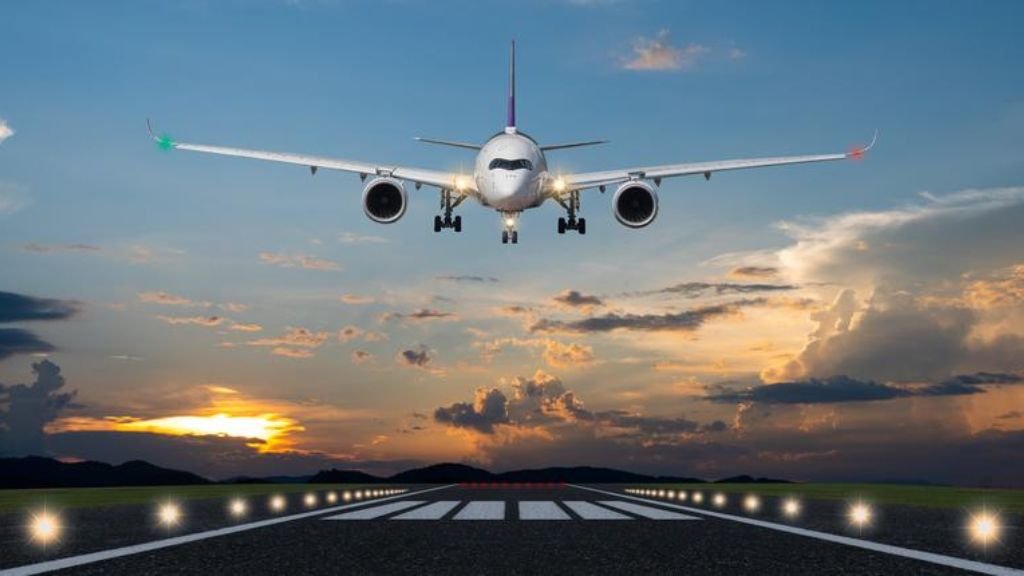


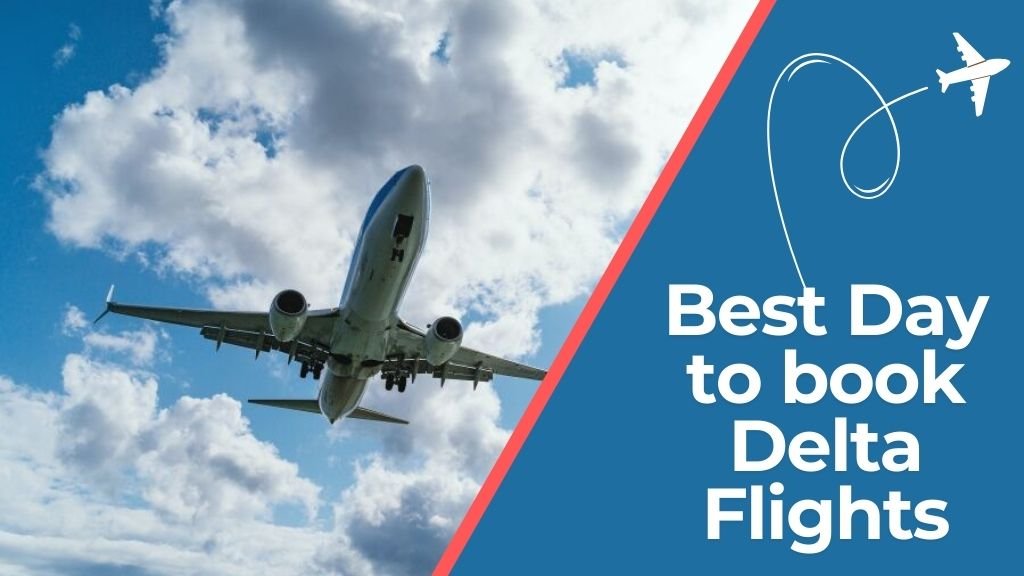

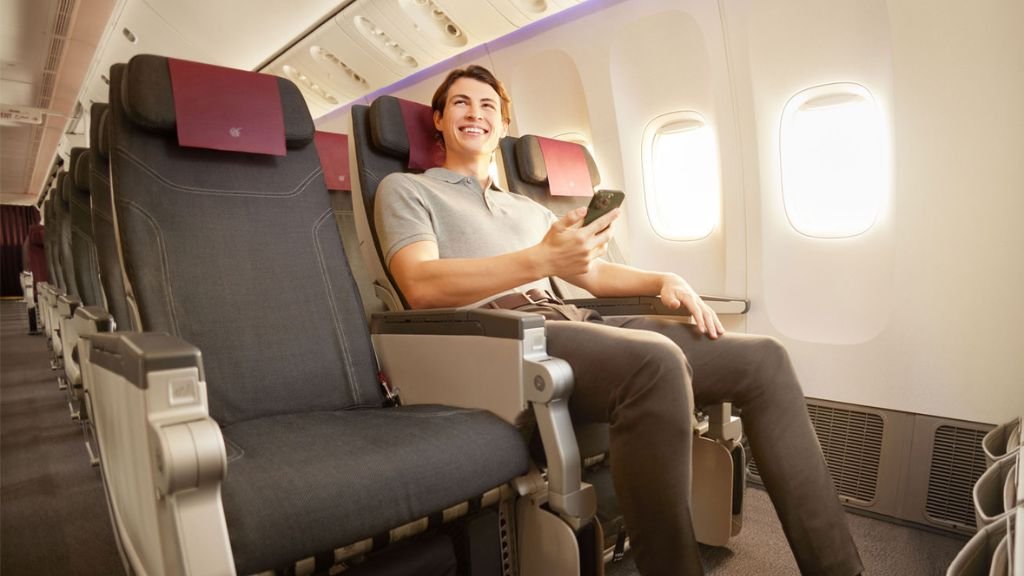










Leave a Reply